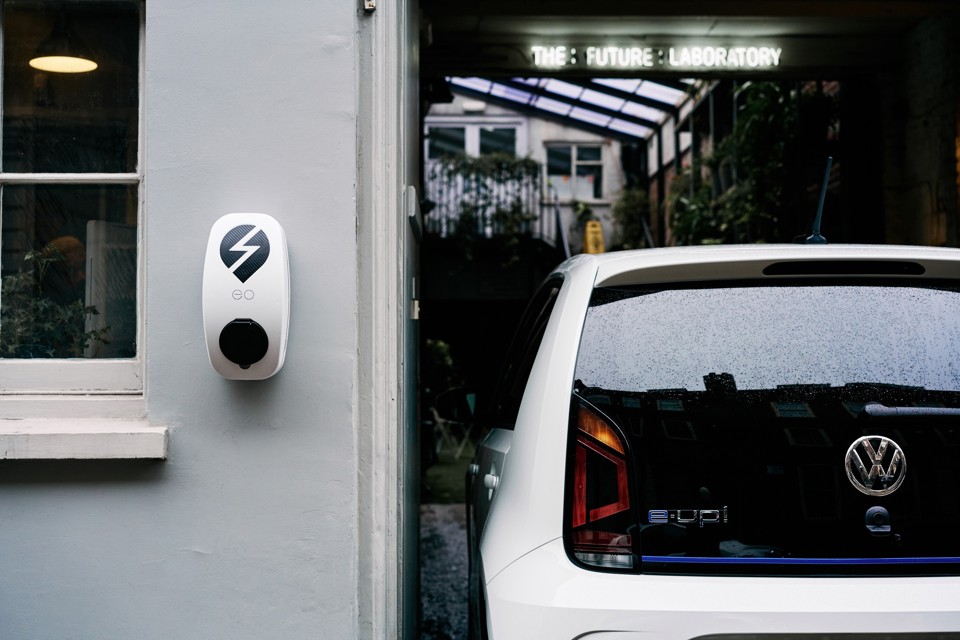EO Charging has partnered with Moixa to create a smart home battery and solar package for electric vehicle drivers.
The solution includes an EO Genius electric vehicle charger and a 4.8kWh Moixa Smart Battery, all connected to a house’s solar panels and managed by smart-energy management software GridShare.
The system enables residents to store and use renewable energy which EO Charging says, will reduce energy bills and the cost of running an EV.
Richard Earl, chief technology officer at EO Charging, said: “We believe that electric vehicles make most sense when powered by clean, renewable energy.
“This partnership with Moixa is the next step of our journey in creating smart electric vehicle chargers and intelligent software for the forward thinking home owner.
“This integration will also enable us to harness the commercial potential of combining vehicle-to-grid (V2G) EV charging and static battery storage.”
Chris Wright, CTO at Moixa, said: “We believe the combination of smart home batteries and EV chargers will bring unprecedented value to homeowners and the energy system as a whole.
“It will allow the local consumption of household solar generation to be maximised, avoiding costly and inefficient redistribution of exported excess solar power, benefiting the entire energy system.
“At the same time customers will be able to take full advantage of emerging smart tariffs, and benefit from the cheap overnight energy for car charging while covering their household consumption during peak pricing.”
National Grid’s Future Energy Scenarios report estimates than more than 75% of EVs will use smart charging by 2050.
It also says that in 2030, smart charging could shift 47% of EV demand at the grid’s peak and in 2050, V2G charging could shift 85% of remaining EV demand at peak.
V2G has already attracted significant interest and investment - the UK Government last year awarded £30 million in funding to 21 V2G projects to explore and trial both the technology and commercial opportunities.
A Fleet News feature earlier this year looked at whether an organisation could use the technology to enable its company EVs to earn money when they're parked.




















Login to comment
Comments
No comments have been made yet.